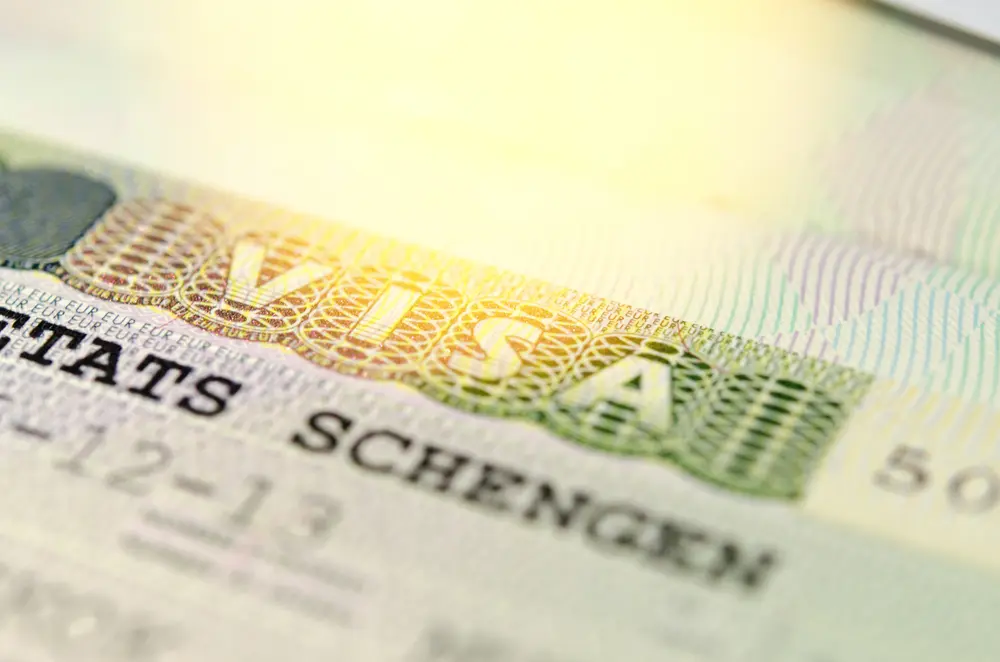
Croatia, Romania, and Bulgaria are awaiting final approval to join the Schengen area. A vote on the issue, put on the agenda by the Czech EU Presidency, is due to take place in December. The Commission is pushing hard in this direction.
These states have been waiting at the door for many years. They are currently the only member states that are not part of the Schengen area—apart from the special cases of Cyprus and Ireland, which are due to the complex border situation of these two countries.
For the time being, their accession is still pending, as it has to be unanimously validated by the ministers of the member states—one vote for Croatia, and another one together for Bulgaria and Romania. In 2011, Bulgaria and Romania’s Schengen status was voted on by national ministers, but accession was blocked by the Dutch and Finnish governments, prompting a delay of over a decade.
Today, the global trend is in favour of Schengen cohesion within the EU, but opposition still exists. Finland appears to favour including the Eastern European states, but Dutch mistrust remains. According to Dutch MPs, a resolution passed on October 20th claims that accession for Bulgaria and Romania would pose “a risk to the security of the Netherlands and the entire Schengen Area,” as both countries have not proven themselves sufficiently successful in reducing crime and corruption. A negative signal was also sent by Sweden, after a vote held in committee by the Swedish parliament on November 10th. A majority, made up of both the social democrats and the right-wing Swedish democrats opposed the inclusion of these Eastern European countries.
In October, the European Parliament adopted a favourable resolution toward Sofia and Bucharest. In November, a vote was taken in favour of Croatia’s accession, with 534 votes in favour and 53 against, mainly from the ECR (European Conservative and Reformists) and ID (Identity and Democracy) groups.
A fact-finding mission in March analysed the situation in Bulgaria and Romania at the request of the local governments and drew positive conclusions from its visit. “The Commission welcomes in both cases the ‘solid management of the borders,’ with ‘effective’ surveillance and ‘systematic controls,’ as well as the capacity of these two countries to fight against cross-border crime and irregular migration, while respecting ‘fundamental rights’,” reads the Belgian newspaper La Libre.
Under these circumstances, EU Home Affairs Commissioner Ylva Johansson is strongly in favour of a positive vote. In a press conference on Wednesday, November 16th, she explained that “these three nations deserve to feel fully European.” “The wait has been long, I should say, too long,” she added.
Joining the Schengen area would allow these three countries to end the use of passports by EU citizens when travelling to and from these states. The vote in the EU Council of Ministers is due to take place on December 8th and 9th. Croatia is preparing to join the euro area in 2023.
